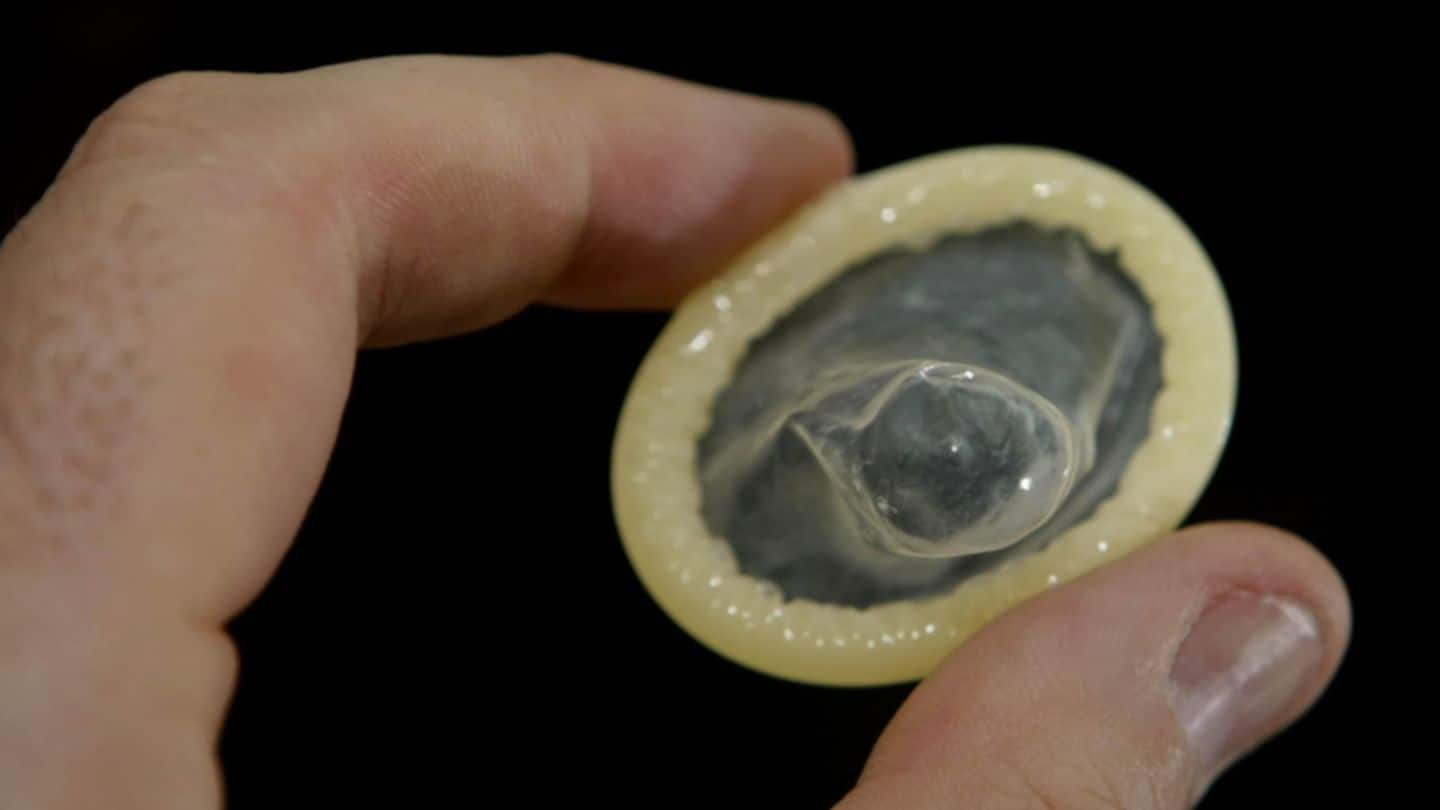
Government's free condoms aren't a hit anymore, reveals RTI
What's the story
An RTI reply has revealed demand for condoms handed over by the government, to promote birth-control and safe sex, has decreased. The free of cost condoms are distributed by ASHA workers. They are given at various government hospitals. Experts feel a possible reason could be people opting for other contraceptives methods like pills and injections. The marketing of emergency contraceptive also plays a role.
The figures
In Rajasthan, the takers of condoms fell sharply
Answering the RTI filed on June 13, the Union Ministry of Health and Family Welfare, said 19 states witnessed a drop in takers of government-distributed condoms in the last six years. Rajasthan lost the maximum. From 10,84,700 users in 2011-12, only 6,50,542 were registered in 2016-17. In Uttar Pradesh, the users of these condoms were 6,87,905 in 2011-12 and 6,05,052 in 2016-17.
Details
While states saw a decline, condom-users in UTs went up
The figures showed all union territories witnessed a surge in condom users. In Dadra and Nagar Haveli, the numbers went up from 1,116 in 2011-12 to 2,680 in 2016-17. Speaking on declining numbers, an official said sometimes data collector's give misquotations. "We are working to reduce the gap and will soon be able to upload the same on the public domain," he added.
The reasons
Myths around condoms affecting performance led to these results: Expert
Experts suggested the myth around condoms may have contributed significantly towards depreciating demands. "Condom usage is associated with various myths such as lessened gratification, pleasure and interference with sexual performance," sexuality rights activist Pallavi Barnwal was quoted by a daily. She added men find it easier these days if their partner simply popped a pill after sex to avoid pregnancy.
Do you know?
Earlier there weren't many options, says medical officer
Divulging more into the reason behind this dip, Chief medical officer of health East Midnapore Dr N C Mandal said, "A lot of people these days are switching over to other forms of contraceptives like pills, Copper-Ts and injections. Earlier, there were limited options."